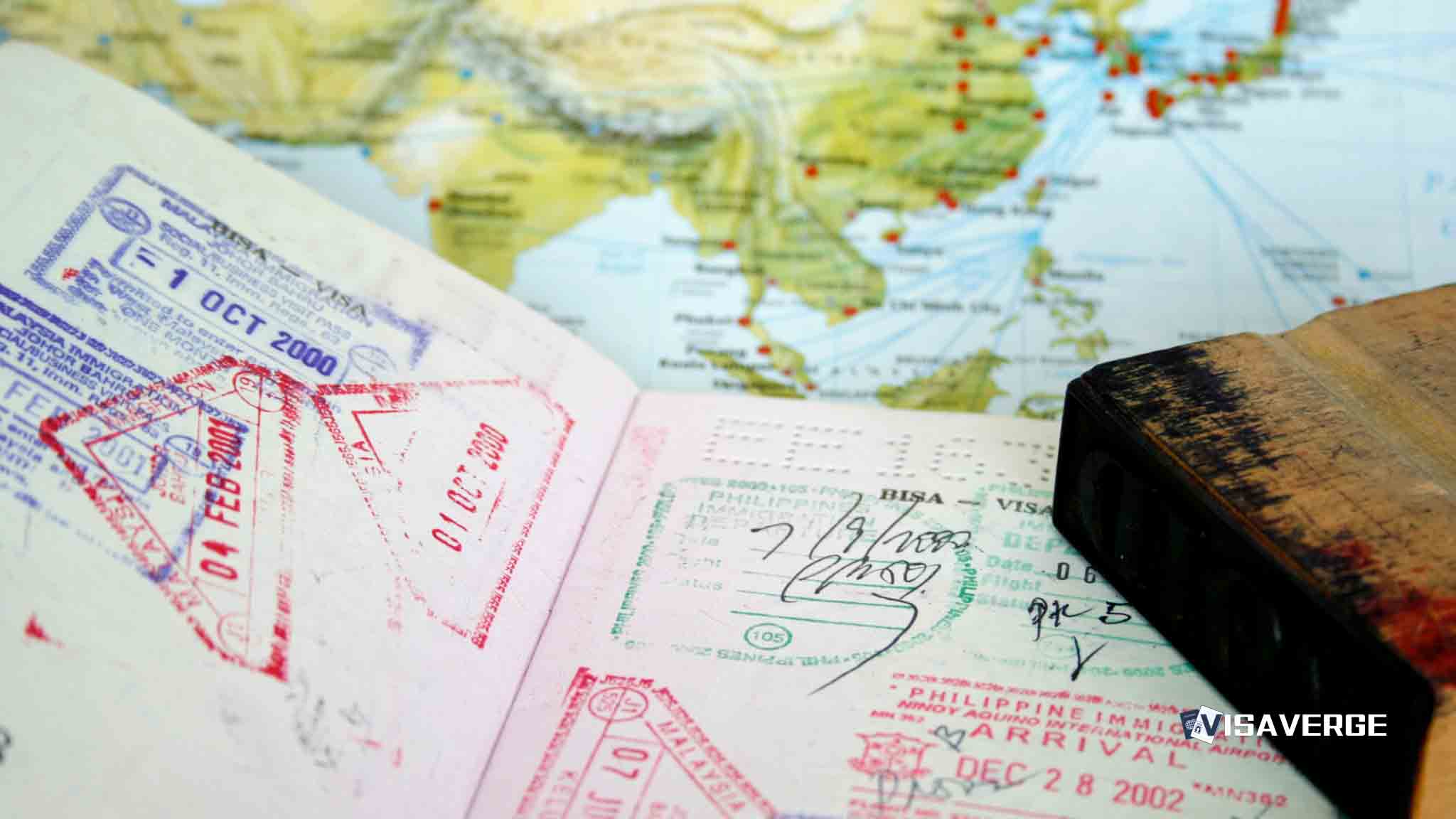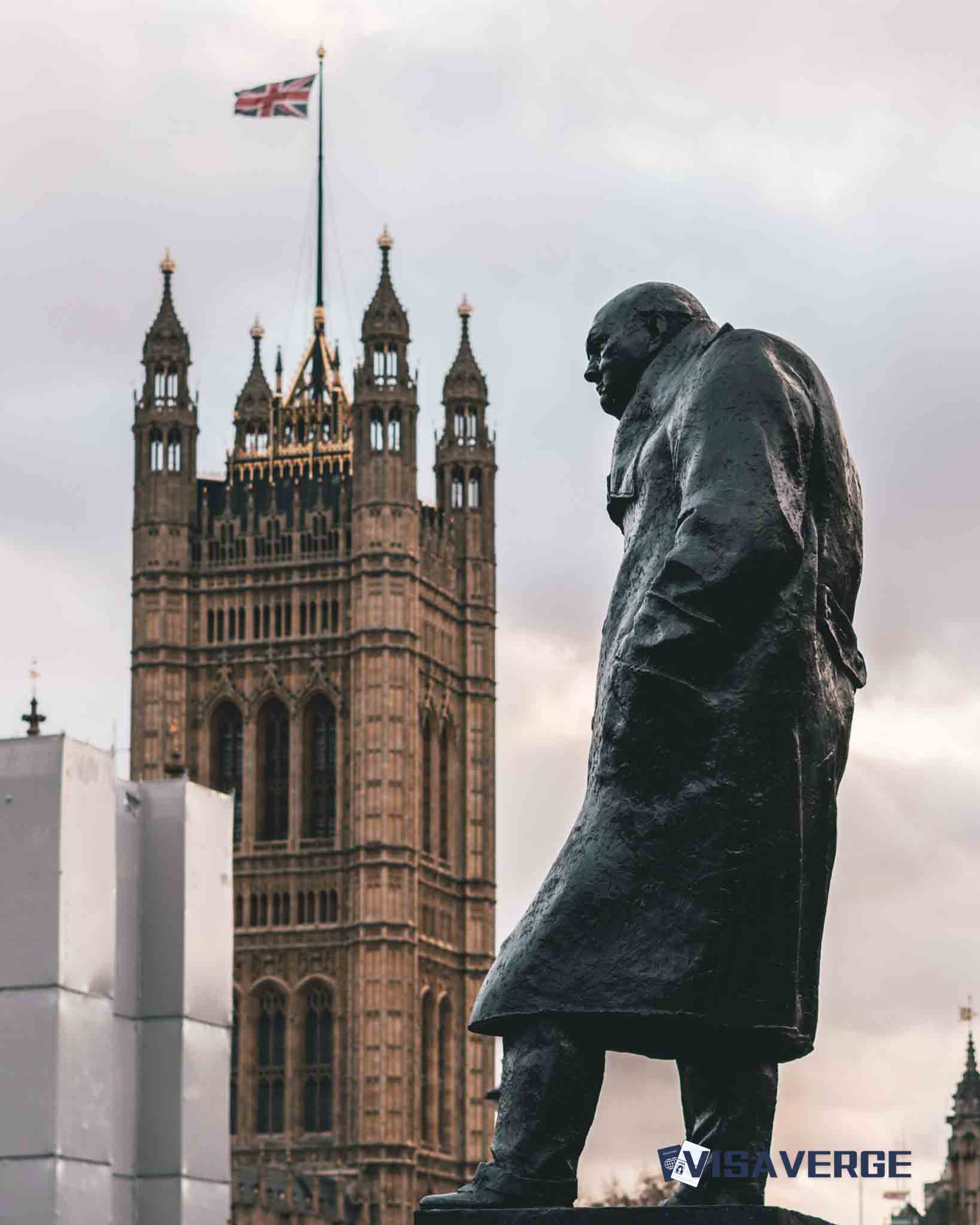Understanding Your Voting Rights as a UK National in the EU
If you’re a UK national living in an EU country, participating in local democratic processes is still within your rights, despite any confusion that may have arisen post-Brexit. In this guide, we’ll explore how you can register to vote in local elections, fulfilling your civic duties and making your voice heard.
Can UK Nationals Vote in EU Local Elections?
Yes, UK nationals can indeed vote in local elections in many EU countries, despite the UK having left the EU. The conditions for voting can vary from one member state to another, so it’s crucial to consult local authorities or official EU immigration sources for accurate information related to your specific country of residence.
Steps to Register to Vote in Local Elections as a UK Citizen
Confirm Your Eligibility
First things first, checking your eligibility to vote in your EU country of residence is paramount. Eligibility criteria may include your length of residence, age, and whether you are registered as a resident in the country.
Find Local Registration Details
Next, look up the process for voter registration in your local municipality. This can often be done online or by visiting your local town hall or government office. Make sure to note down any specific documentation you may need to bring, such as your passport or proof of address.
Complete Registration Before the Deadline
Procrastination isn’t your friend when it comes to voter registration. Deadlines for registering will be strict, so ensure you’re aware of all the important dates to avoid missing out on the opportunity to vote.
Voting in Local Elections: A Step by Step Guide for UK Expats
- Check Registration Deadlines: Take note of the registration deadline in your municipality to ensure you don’t miss it.
- Gather Necessary Documentation: Assemble required documents such as identification and proof of residence.
- Register to Vote: Follow the local process to register, which may include filling out forms and potentially providing your signature.
- Keep an Eye on Electoral Rolls: Ensure your name appears correctly on the electoral rolls after you’ve registered.
- Participate on Election Day: On the day of the election, go to your local polling station and cast your vote.
Resources for More Information
For comprehensive and authoritative advice, always refer to official government websites or local electoral offices. Here are some resources you may find helpful:
- Your local town hall or municipality office
- The Electoral Commission of the UK for guidance on UK nationals voting abroad
- The EU’s “Your Europe” portal for country-specific information and advice
Making Your Voice Heard as a UK Citizen in EU Local Elections
“Participating in local elections allows you to influence the changes in the community where you live, work, and pay taxes,” is a commonly shared sentiment among expatriates. It’s a practical way to become an active member of your local society, even if you’re far from your home country.
Understanding how to vote in EU local elections as a UK citizen ensures you maintain this significant democratic right. By staying informed and proactive, you can ensure that the process to register to vote in local elections is straightforward and stress-free.
Remember to check the specific rules and processes for your country of residence, as the way to approach UK national voting in EU may vary depending on local regulations. Yet, with the right approach and timely action, you’ll be ready to take part in shaping the local politics of your new home.
Expert Insights
Did You Know?
- International Migration Facts
- According to the United Nations, there are over 272 million international migrants worldwide, a number that has almost doubled since 2000.
- The United States is the top destination country for international migrants, with over 50 million migrants residing there.
- India has the largest diaspora population in the world, with approximately 18 million Indians living outside of their home country.
- The majority of international migrants are of working age, contributing to the labor force and economic development of their host countries.
- Historical Impact of Migration
- Migration has been a driving force behind demographic and cultural changes throughout history. For example, the Great Atlantic Migration from the 19th to the early 20th century involved millions of Europeans immigrating to the United States, shaping the country’s identity.
- The Chinese diaspora, resulting from historical migration waves, has influenced global trade and cultural exchange, with Chinese communities established in various countries around the world.
- Immigration and Economic Contributions
- Immigrants often contribute significantly to the economies of their host countries. In the United States, for instance, immigrants are overrepresented in the entrepreneurial sector, starting businesses at a higher rate than native-born citizens.
- According to a study by the National Bureau of Economic Research, immigrants have a positive impact on innovation, making them drivers of technological advancements and economic growth.
- Immigration and Social Integration
- Cultural assimilation and integration of immigrants into the host society is a complex and multifaceted process. Some countries, like Canada and Australia, have implemented successful multicultural policies that promote social cohesion and celebrate diversity.
- Research suggests that immigration can lead to social and cultural revitalization, enriching communities with new traditions, languages, and perspectives.
- Humanitarian Migration
- Forced migration due to conflicts, persecution, and environmental disasters is a major global issue. According to the UNHCR, there are currently over 80 million forcibly displaced people worldwide.
- Countries in the Global South often host the highest number of refugees, showcasing the importance of international solidarity and burden-sharing in addressing refugee crises.
By exploring these lesser-known facts about immigration, we gain a deeper understanding of the global impact and historical significance of migration. It highlights the contributions and challenges faced by immigrants, fostering empathy and promoting a more inclusive and informed society.
Learn today
Glossary
- Brexit: The withdrawal of the United Kingdom from the European Union, which took effect on January 31, 2020.
- Civic Duties: Responsibilities and obligations that citizens have towards their community or country, such as participating in elections or obeying laws.
-
Eligibility Criteria: The specific requirements that individuals must meet in order to qualify for a specific benefit, opportunity, or right, such as the ability to vote in an election.
-
EU (European Union): A political and economic union of 27 member states located in Europe. It promotes the free movement of goods, services, capital, and people between member states.
-
Expatriate (Expat): A person who lives outside their own country, typically for work or other reasons.
-
Local Municipality: A local government authority that governs a specific geographic area, such as a city, town, or district.
-
Polling Station: A location where voters go to cast their vote in an election.
-
Proof of Address: Documentation that verifies an individual’s residential address, such as a utility bill or a rental agreement.
-
Procrastination: The act of delaying or postponing a task or action.
-
Register to Vote: The process of officially enrolling or adding oneself to the list of eligible voters maintained by electoral authorities.
-
Registration Deadline: The final date by which an individual must complete the registration process in order to be eligible to vote in an election.
-
Voter Registration: The act of officially recording an individual’s information and qualifying them as an eligible voter.
-
Voting Rights: The legal entitlement of individuals to participate in elections and cast their vote to influence political decisions.
Acronyms
- EU: European Union
Jargon
- Electoral Rolls: Official lists or registers of eligible voters that are used during elections.
- Town Hall: The administrative building where local government functions are performed, such as providing services, issuing licenses, and conducting town meetings.
So, there you have it, my fellow UK expats! Don’t let Brexit stop you from having your say in the EU. Registering to vote in local elections is easier than you think. Just follow the steps, stay informed, and go out there to make a difference in your new community. And hey, if you want more info on this topic or other immigration goodies, check out visaverge.com. Happy voting, everyone!
FAQ’s to know:
FAQ 1: Can UK nationals vote in local elections in the EU after Brexit?
Yes, UK nationals can still vote in local elections in many EU countries even after Brexit. The eligibility and voting conditions may vary among member states, so it is important to consult local authorities or official EU immigration sources for accurate information specific to your country of residence.
FAQ 2: What are the steps to register to vote as a UK citizen in EU local elections?
To register to vote as a UK citizen in EU local elections, follow these steps:
- Confirm your eligibility by checking criteria such as length of residence, age, and registration as a resident.
- Find the local registration details, which can usually be done online or by visiting your local town hall or government office.
- Complete the registration process before the deadline, ensuring you have the necessary documentation such as your passport or proof of address.
FAQ 3: How can UK expats participate in EU local elections?
Here is a step-by-step guide for UK expats to participate in EU local elections:
- Check the registration deadline in your municipality and make sure to register before that.
- Gather the necessary documentation required, such as identification and proof of residence.
- Follow the local process to register, which may include filling out forms and providing your signature.
- Verify that your name appears correctly on the electoral rolls after registration.
- On election day, go to your local polling station and cast your vote.
Remember to visit official government websites, local electoral offices, or trusted resources like the UK Electoral Commission and the EU’s “Your Europe” portal for more information.
What did you learn? Answer below to know:
- True/False: UK nationals can still vote in local elections in EU countries after Brexit.
- What are the three steps to register to vote in local elections as a UK citizen?
- Where can you find authoritative advice and information on UK nationals voting abroad?














